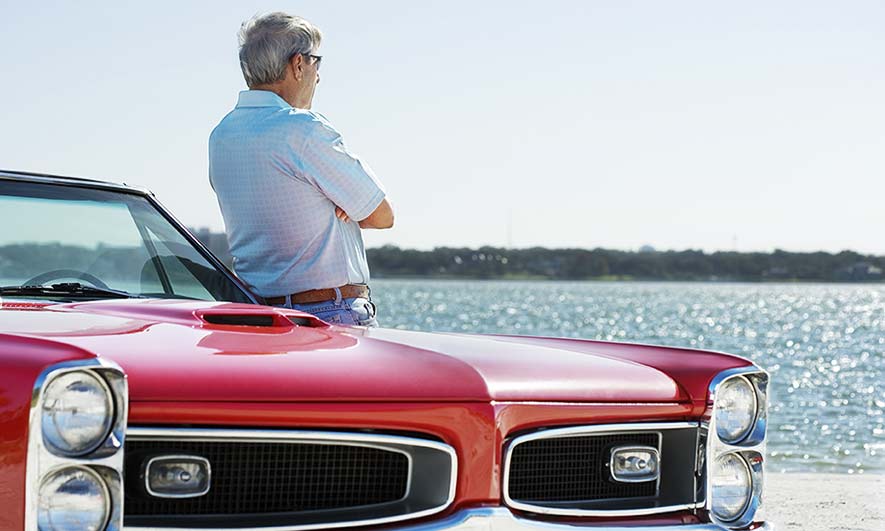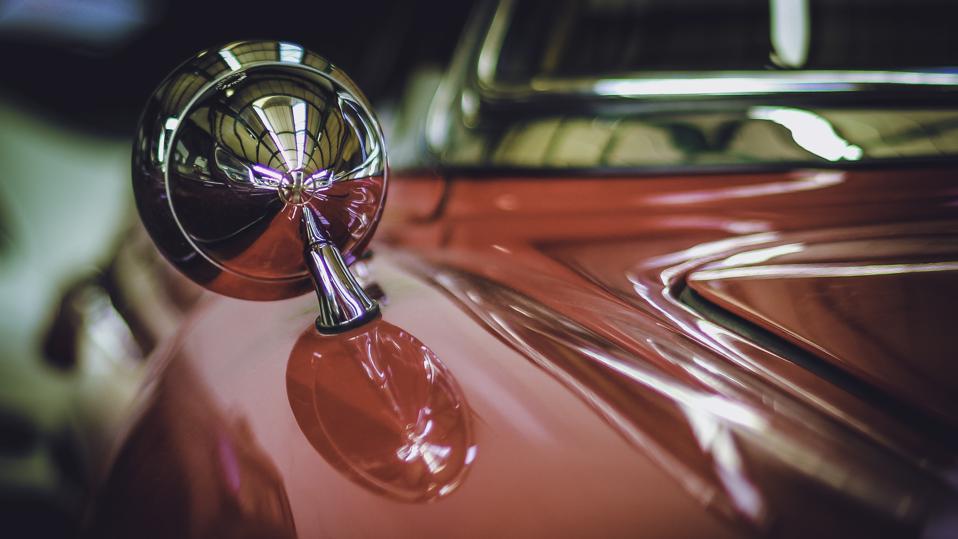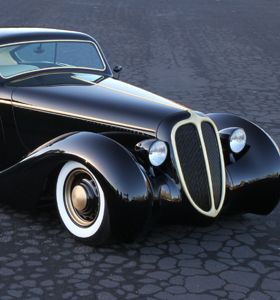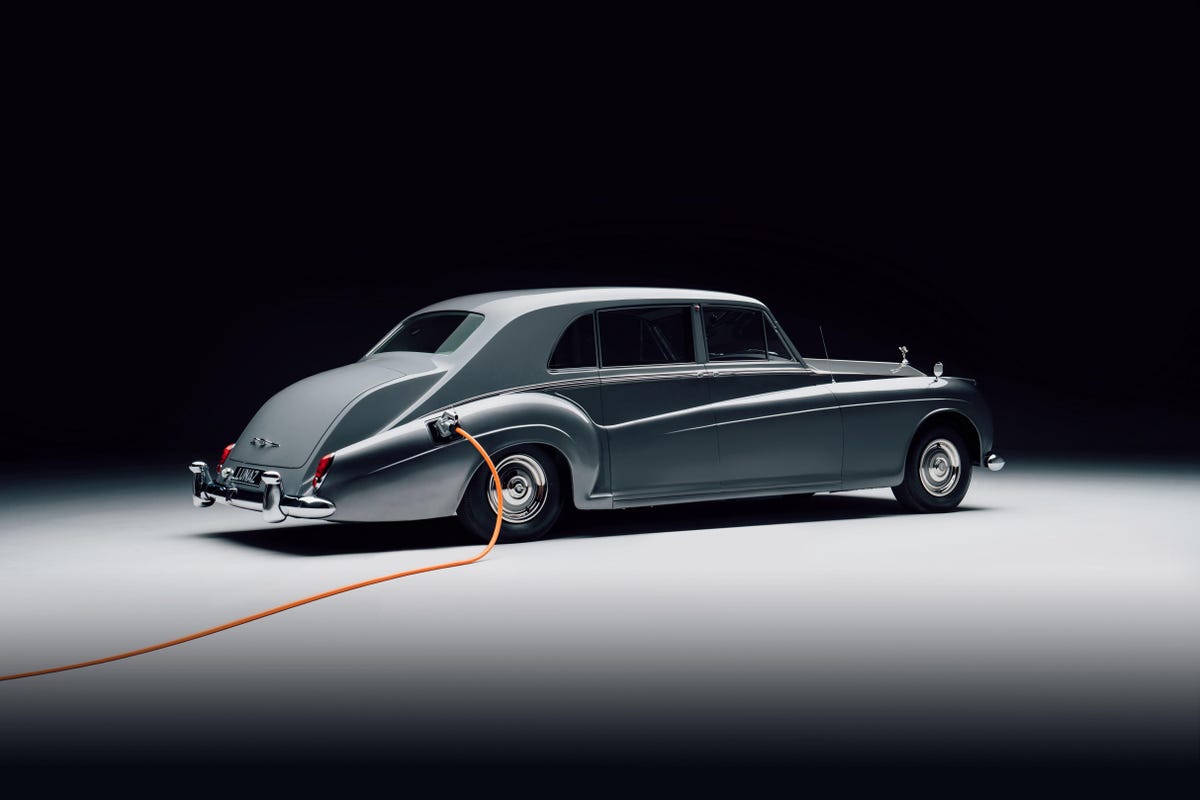What is Classic Car Insurance?
The Insurance Information Institute defines a classic car as any specialty car that is at least 25 years old. You’ll mostly find a well-kept classic car only upscaling in value, while a traditional car will mostly always depreciate.

Inasmuch as this definition may suffice, the best way to know if your vehicle is indeed a classic is to check your insurer’s definition. Some insurers may cover 25-year-olds, while others may cover only 40 and above. Classic cars at least 40 years old are considered tax-exempt and will not pay Vehicle Excise Duty (VED).
The Classic Car Club of America (CCCA), for instance, defines a classic car as one that was manufactured between 1915 and 1948. Insurance companies do not rely on this definition.
Classic cars also need insurance if they are taken out on the road. Driving without auto insurance will result in fines or even license revoking. Only New Hampshire does not require insurance; even then, in case of an accident, you will be charged for financial responsibility.
Classic car insurance typically covers the following vehicles:
- Classic automobiles include classic cars, classic tractors, and classic military vehicles.
- Antiques
- Vintage vehicles
- Custom cars.
- Replicas, which are literal copies of antiques or classic vehicles.
- Specialty vehicles.
- Fire engines
- Customer cars
- Race cars
- Fire trucks
- Motorcycles, scooters, and mopeds
Also, note that some insurance companies may not consider your specialty vehicle a classic and will not offer classic car insurance.
An appraiser will determine your classic car’s value, which will inform the insurance company of insurance premiums. Classic vehicles are treated like expensive pieces of art; a $40,000 exotic could be bought thrice its price and then sold at quadruple the amount.
Requirements for Classic Car Insurance
Classic cars are different in design and usage from traditional vehicles. Insurers will want the line between this difference to be as thick as possible to ease the dispensation of adequate insurance. Some of the requirements they will put in place include the following:
- The classic vehicle to be insured should be used for occasional pleasure and limited use only. The insurer may require a limit on miles covered.
- The insured has to have a primary vehicle and not rely on the classic car for daily use. It should not be a commercial use vehicle.
- The classic car should be stored safely in an enclosed structure, such as a garage.
- The classic car should be in good condition.
- The insured should have a clean driving record, be at least 25 years old, have at least five years of driving experience, and sign a contract not to race the car or even drive it on a racetrack.
Not all insurance companies will require all these, so it is best to speak to an agent you trust about which insurance company and policy is best for your classic car.
Classic Car Insurance Coverage
Generally, classic car insurance charges fewer premiums than traditional vehicles. Grundy and Heacock Classic are two of the most popular companies that provide classic car insurance. The others include Allstate, American Family, American Modern, Geico, Progressive, State Farm, Farmers, Erie, and USAA.

Your classic car will need insurance coverage that is convenient and all-encompassing. Some of the options include:
- Liability auto insurance. This covers injuries you cause to others with your classic car in case of an accident.
- Collision and comprehensive insurance. This covers physical damage to your classic car. You will be paid the car’s agreed value.
- Uninsured motorist coverage
- Spare parts coverage. Most insurers may be wary about providing this coverage, as the factories that manufacture these spare parts are few.
- Cherished salvage coverage
- Vehicle under construction coverage
- Automobilia coverage
- Roadside assistance
- At-home breakdown cover
- Vehicle recovery
- Onward travel
Important terms
Agreed Value
This is the value you agreed on with the insurer that will be the paid-out value in the case of an eventuality. It is also called the guaranteed value. Be on your feet when agreeing with the insurance company to avoid being under-insured. Also, because the car will keep appreciating, ensure that this aspect is reflected in the coverage terms. The agreed value is better when receiving compensation.
Stated Value
This is your car’s worth that you tell your insurer. You will be required to provide evidence of your car’s value. The insurer will opt to either pay you the agreed value or the stated value as compensation, whichever is less.
Merits of classic car insurance

Obtaining classic car insurance for your antique may save you the hassle of searching for a traditional insurance policy that fits your needs. Not only will the insurance coverage be tailored for classic vehicles, but it will also be effective at its intended purpose.
Classic car insurance is cheaper than traditional standard policies because they have a lower risk. They are not daily usage vehicles, so that the claims will be fewer than standard cars. Further, classics will mostly have lower speed limits. Classic car owners will also take better care of their vehicles than regular car owners.
Joining a classic car club will also provide you with perks such as insurance discounts, networking, and necessary valuations and verifications. Having a pool of like-minded classic car owners unites purpose and provides much-needed expertise.
Demerits of classic car insurance
Insurance companies view classic car owners as purely luxury buyers, so there may be fewer discounts than for traditional vehicles. Also, the companies providing classic car insurance are more infrequent and will thus take advantage of the niche.
Some drivers may accept the mileage restriction, but not all. It remains a limitation because owners cannot drive past certain limits.
Coverage is limited as well. Unlike traditional vehicle insurance, which may provide coverage for medical bills or roadside assistance, classic car insurance may just cover the basics.
Final remarks
When selecting the best auto insurance company for your beloved classic car, have these points in mind:
- Know your car’s value
- Look for the company with the best customer service.
- Check the insurer’s AM Best financial rating.
- Ask about discounts
- Improve your classic car’s value over time

Now you are ready to turn that oldie into a goldie.




